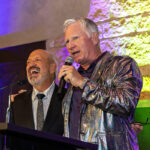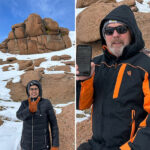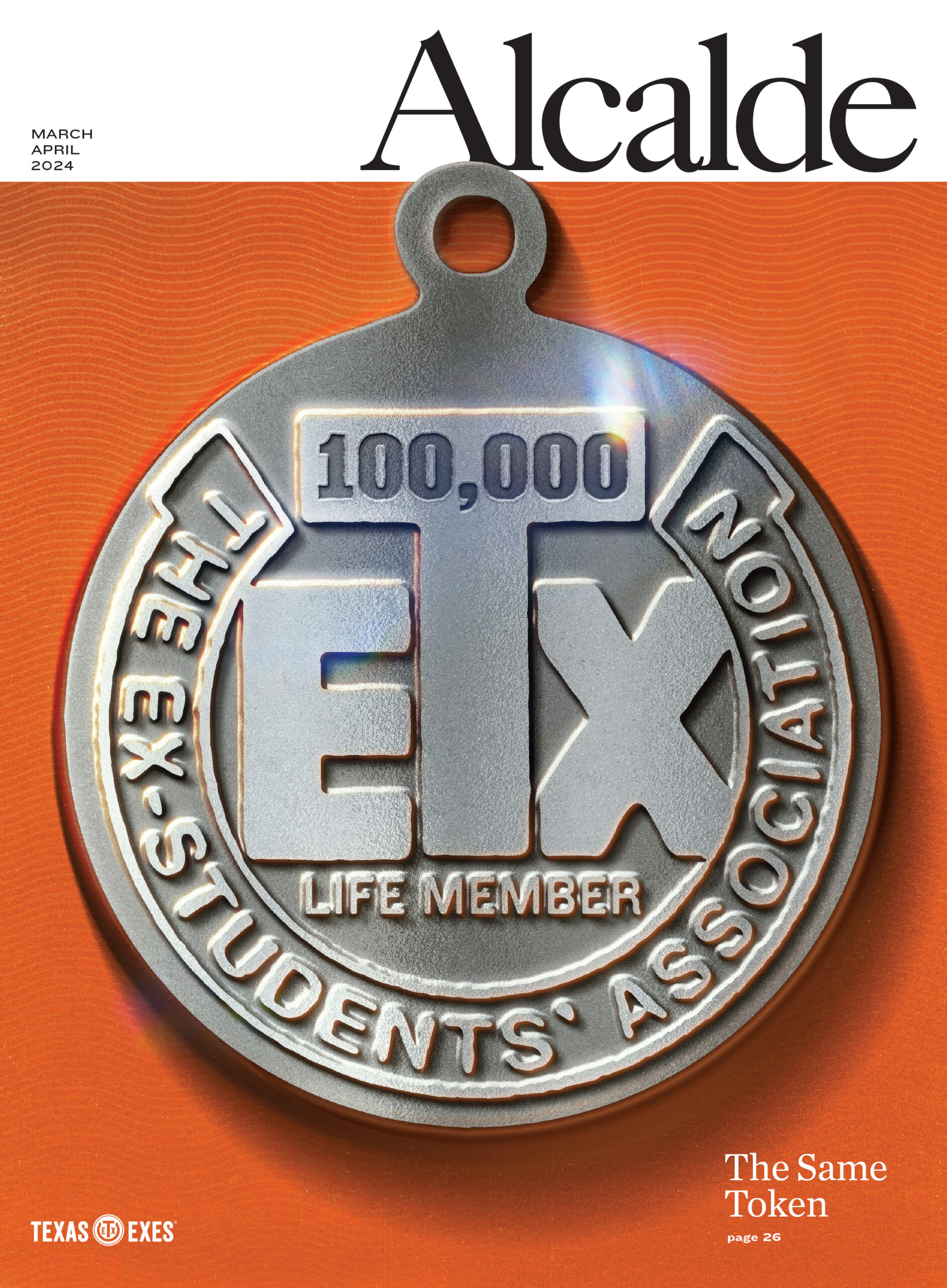At Google, UT Alum Gives Sites to the Blind

Google Chrome, Android, Firefox—even tech novices know and recognize these applications, which have all become vital to our day-to-day lives. What you may not know, however, is that one UT grad has had a hand in the development of programs for all three.
Charles Chen, BS ’06, MS ’07, now a software engineer at Google, entered UT’s electrical engineering program bent on developing the next great video game system. But one UT course changed the self-professed gamer’s goals.
“I realized I had a knack for software, so I took a class that required us to develop a program for an actual client,” Chen says.
That client happened to be UT English professor John Slatin. Slatin, who was blind, desperately wanted to use Firefox 1.0, but was unable to do so because only Internet Explorer had a screen-reader available.
“It was then I realized that I could truly make someone’s life different,” Chen says. “I wanted to make more of an impact.”
 And that’s what he set out to do. After earning an A in the course for his work with Slatin, Chen dedicated his winter break to developing a text-to-speech engine that was compatible with Mac, Windows, and Linux, allowing those with visual impairments to “read” headings, explore content, and navigate online.
And that’s what he set out to do. After earning an A in the course for his work with Slatin, Chen dedicated his winter break to developing a text-to-speech engine that was compatible with Mac, Windows, and Linux, allowing those with visual impairments to “read” headings, explore content, and navigate online.
“The SXSW guy called and asked what the name of my product was so he could make a sign for my booth. I don’t know why, but Firefox came to mind, so I named it Firevox: V for voice,” Chen says. “ So I show up to my booth the next day to a sign reading “Firebox.” I had to quickly flip it over and scrawl out the real name. That’s how it all started.”
A year and a half later, someone at Google stumbled upon Chen’s Firevox site online and decided they had to have him on the team. And the rest was history.
Now living in California, Chen is heading up lots of initiatives to increase accessibility of online tools for people with disabilities.
“The goal is for Google to be universal and available to everyone,” he says.
In his time with the corporation, Chen has had a hand in the development of a text-to-speech Android app that helps users with special needs access modern Web pages, and ChromeVox, a component to the Google internet program that helps those with visual impairments search the Internet.
And that’s not all—an app that Chen worked on was recently launched into space. Nexus S, an Android app that logs magnetic field information, broke through the Earth’s atmosphere on the Space Shuttle Atlantis this summer.
For all his success, Chen gives credit to the place it all started.
“This wouldn’t have happened for me had it not been for UT,” Chen says. “It has the best professors out there.”
Top photo courtesy Flickr user meneame comunicacions, sl. Bottom photo courtesy Charles Chen.

















No comments
Be the first one to leave a comment.